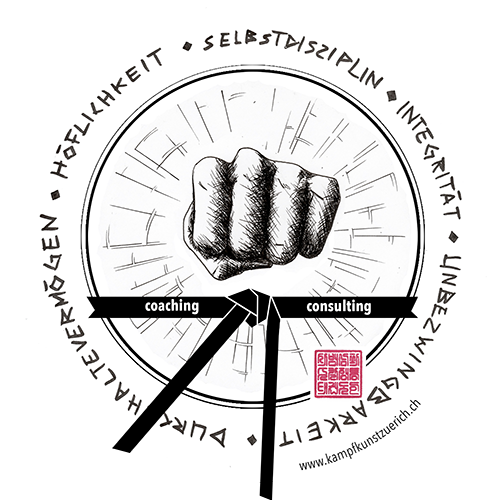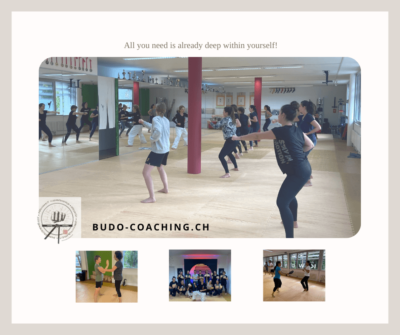Open up to your world of possibilities Do you find yourself constantly worrying about what…

Self-discipline: implement your resolutions with the 30-day tip
Self-discipline and Self-Care: what do they have in common?
Self-care has become a hot topic, especially in the hybrid workplace.
It is difficult indeed to find the best way to keep healthy and balanced, despite the stress of everyday life. So, many people come up with new plans, especially at the end of the year: Huge resolutions to change for the better in the new year. We promise ourselves to do more sport, to eat healthier, to invest more time with family and own hobbies.
Self-care is part of it. Self-care is about recognizing when your resources are running out and choosing to replenish them, avoiding reaching the point of exhaustion.
Self-care doesn’t consist of incense sticks, salt baths and chocolate cake after an 80-hour work week at a desk. All of these can have a soothing effect, sweeten a short moment of calm. The problem, however, is the 80 hours/week if it becomes a rule and not an exception. And this problem demands better time and resources management but also some change in habits.
Taking care of yourself means being responsible for your own well-being, nourish and strengthen body and mind regularly, so that you are resilient even in times of stress.
Not everything that FEELS good is a self-care practice.
Are 5 episodes in a row of the series you are watching supporting you in any way? Does a pack of cigarettes a day with excessive coffee consumption increase the quality of your work breaks? It’s questionable. I can use Netflix or smoke to escape the stress of everyday life, but will these help raise my energy level in the long run? Nope.
That is why self-discipline is important
It takes discipline to do the things that ARE good for you rather than just what FEELS good.
Successful people – in sport and in business – recognize the level of their own resources and consciously decide how and when they need to fill up their mental and physical batteries. They have a good connection with their own body and have learned to respect it.
Even small everyday habits have a positive impact on health and wellbeing and can be integrated into daily routine, be it reducing screen time or moving regularly or taking creative breaks.
Self-discipline is an aspect of self-care because it leads to abandoning harmful habits, achieving goals and sticking to resolutions.
Self-discipline is the secret weapon of self-care
Discipline is an aspect of self-care because it leads to cultivate healthy habits, achieving goals and sticking to resolutions.
Having discipline means:
👉 Getting going.
👉 Replacing “should” with “want”.
👉 Being willing to make some small sacrifices to get closer to desired results.
You have a good level of self-discipline? Yes, for example if :
- You continue to bite your way through with your project, even if the enthusiasm of the first hour has vanished.
- You will find the self-motivation to complete your tasks, even if you don’t feel like it.
- You are not easily distracted when you have decided to be productive.
- You train and strengthen your resilience and you also accept “hard winters” because you know that what feels exhausting and impossible now, will pay off once you make it.
What are your plans and how do you get there?
Knowing what self-discipline can do for you, ask yourself:
- What do I want to achieve in the next few months/ in life?
- What changes do I need to achieve my goals?
- Am I ready to do what it takes?
If the answer is yes, make a commitment to it.
Your perseverance will be tested whenever circumstances or feelings arise that distract you from your resolve: however, if you use self-discipline to resist and continue to focus on your planned actions, you will experience success.
TIP: The 30-days technique
The 30 days technique can help you increase your self-discipline day by day.
How does it work?
Decide on a new habit that is good for you and commit to sticking to it for at least 30 days. No matter what. (You are more likely to be successful, if you start with micro-habits/ small reachable goals: more this regarding also in this article from HBS https://hbr-org.cdn.ampproject.org/c/s/hbr.org/amp/2020/01/to-achieve-big-goals-start-with-small-habits)
If you notice a positive change after 30 days, moving on will be easy like brushing your teeth or any other routine you adopted- if not, you can always stop without feeling guilty and try something else.
Self-discipline is an important virtue in martial arts: the word discipline may have a negative connotation for some people because associated with other words like instructions, rules, lack of freedom – however discipline is an important success factor. Talent, intelligence, or quick comprehension alone do not usually lead to a black belt if there is no discipline. This also applies to studies, or a diet or any type of goals and achievements. Results cry out for discipline.
The good thing is that anyone can become more disciplined. This is possible, step by step, day by day. And everyone can get started anytime, not just on January 1st! Just start.
Doesn’t it work out so well if you are on your own? Coaching can help you to work on your goals in a targeted and focused manner.
We help you set your body and mind in motion with our unique method based on martial arts. The coaching supports you in discovering, developing and implementing feasible solutions by yourself.



